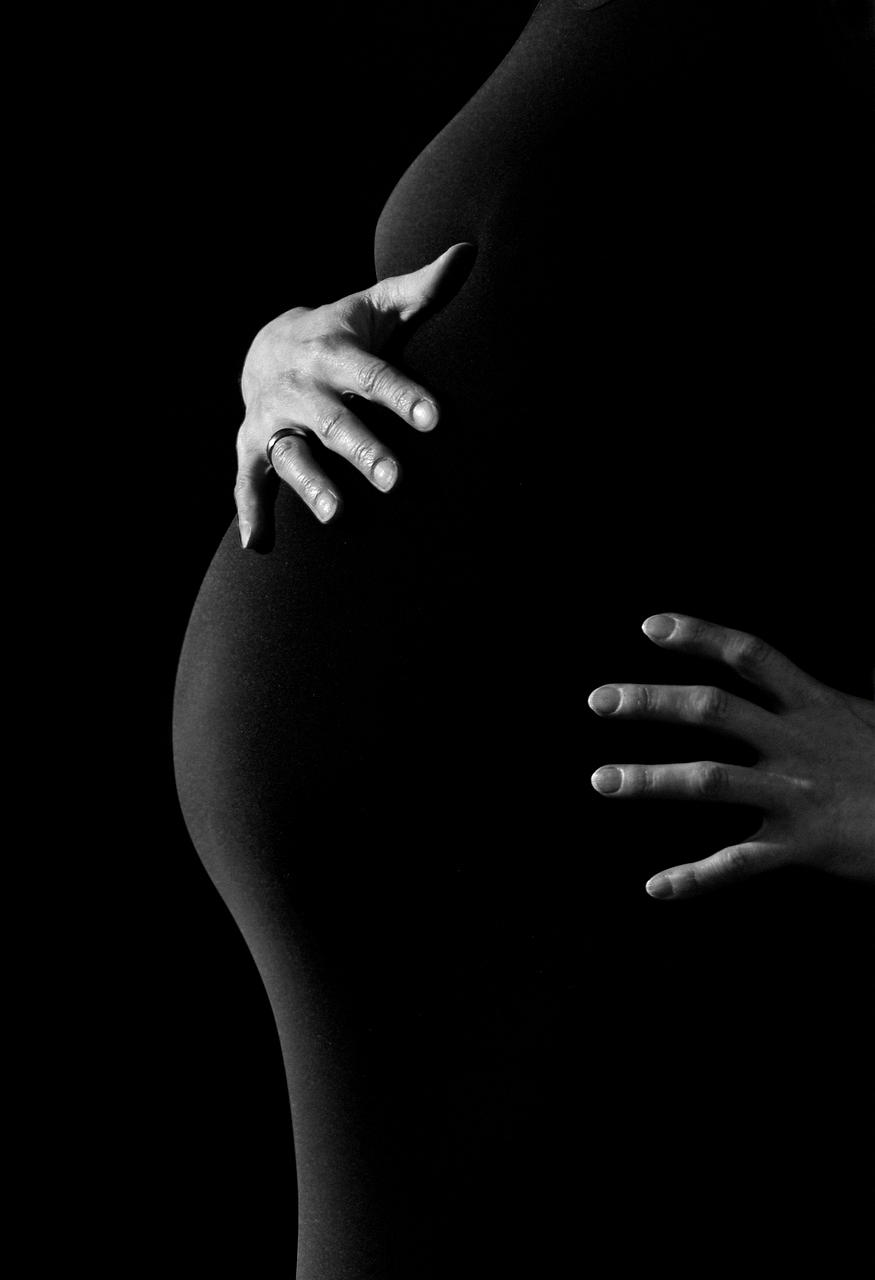When it comes to the topic of getting pregnant at the age of 50, there are several important factors to consider. One of the most significant factors that affect a woman’s chances of conceiving as she gets older is her age. Fertility naturally declines as women age due to various physiological changes in the body.
Statistics on Pregnancy Chances
Research has shown that women aged 40-44 have approximately a 20% chance of getting pregnant if they have regular unprotected intercourse for a year. As women reach the age of 45-50, this chance decreases to around 10%. Beyond the age of 50, the likelihood of pregnancy decreases even further, making the chances significantly low. By the time a woman is over 55, the probability of getting pregnant is so minimal that contraception is generally no longer necessary.
Factors Impacting Fertility
It’s essential to recognize that fertility is influenced by various factors beyond just age. Women in their 50s may have underlying health conditions that can affect their ability to conceive. These conditions can range from hormonal imbalances to issues with the reproductive organs, all of which can impact the chances of getting pregnant.
The Role of Menopause
Menopause, which typically occurs around the age of 51, marks the end of a woman’s reproductive years. As women transition through perimenopause and into menopause, their estrogen levels drop, leading to a cessation of ovulation and menstruation. While it’s still technically possible to get pregnant during perimenopause, the chances are incredibly low.
Medical Assistance and Options
For women in their 50s who are seeking to conceive, various medical interventions and assisted reproductive technologies, such as in vitro fertilization (IVF), may be considered. These options can help increase the chances of pregnancy for older women who are struggling with infertility. However, it’s essential to consult with a healthcare provider to discuss the potential risks and success rates associated with these procedures.
Emotional and Psychological Considerations
Deciding to pursue pregnancy at the age of 50 can come with a host of emotional and psychological considerations. Women may need to grapple with feelings of uncertainty, anxiety, and societal pressures as they navigate the complexities of starting or expanding their families later in life. It’s crucial for women to prioritize their emotional well-being and seek support from loved ones and mental health professionals if needed.
Alternative Paths to Parenthood
For women who are unable to conceive naturally or through assisted reproductive technologies, there are alternative paths to parenthood to consider. Adoption, surrogacy, and fostering are all viable options for individuals and couples looking to build their families in non-traditional ways. These paths can be rewarding and fulfilling, offering individuals the opportunity to become parents regardless of age or biological limitations.
Health and Lifestyle Factors
Optimal health and lifestyle choices play a crucial role in a woman’s fertility and overall well-being. Maintaining a healthy weight, engaging in regular physical activity, managing stress levels, and avoiding harmful substances like tobacco and excessive alcohol can all positively impact reproductive health. Prioritizing self-care and adopting healthy habits can support a woman’s chances of conceiving and maintaining a healthy pregnancy.
Consultation with Healthcare Providers
Women considering pregnancy in their 50s should always consult with healthcare providers, including obstetricians/gynecologists and fertility specialists. These professionals can offer personalized guidance, conduct fertility assessments, and provide information on the potential risks and considerations associated with late-age pregnancy. Open and honest communication with medical experts is essential in making informed decisions about reproductive health.
Family Planning and Support Systems
Creating a comprehensive family planning strategy is essential for women navigating the complexities of pregnancy in their 50s. Establishing support systems, discussing parenting goals with partners or loved ones, and addressing financial and logistical considerations are all integral components of family planning. Having a solid foundation and clear communication in place can help alleviate stress and uncertainty surrounding the decision to pursue pregnancy later in life.
Legal and Ethical Considerations
In certain jurisdictions, there may be legal and ethical considerations surrounding late-age pregnancy, particularly in cases of assisted reproductive technologies, surrogacy, or adoption. Understanding the legal implications, parental rights, and responsibilities is critical for individuals considering parenthood in their 50s to ensure that they are well-informed and compliant with relevant laws and regulations.
Educational Resources and Community Support
Accessing educational resources, support networks, and online communities can be invaluable for women exploring the possibility of pregnancy in their 50s. Engaging with others who have similar experiences, sharing insights, and seeking advice from reputable sources can help individuals feel empowered and informed throughout their reproductive journeys. Building a network of support and knowledge can foster a sense of community and solidarity among women facing similar challenges and decisions.
Final Thoughts
Ultimately, the odds of getting pregnant at the age of 50 are significantly lower compared to younger age groups due to natural declines in fertility and other health factors. While there are medical interventions and alternative paths to parenthood available, it’s essential for women to weigh the emotional, physical, and practical considerations associated with late-age pregnancy carefully. By approaching the decision with mindfulness, self-awareness, and informed consent, women can make choices that align with their values, goals, and overall well-being.

